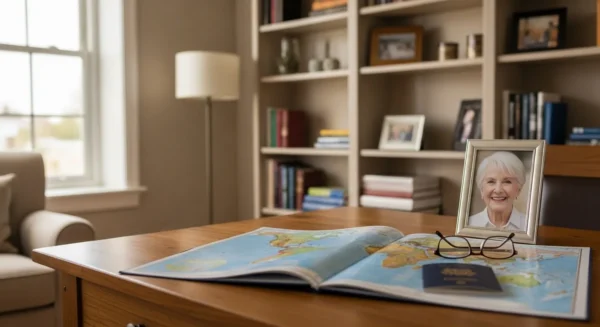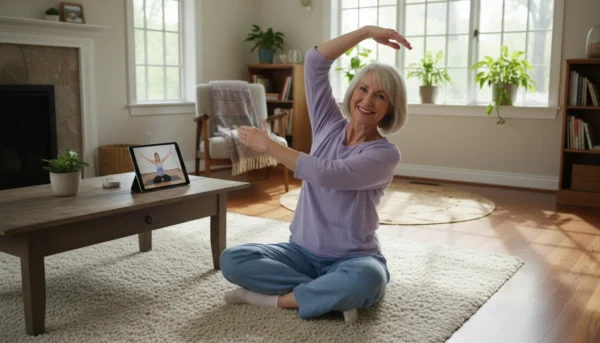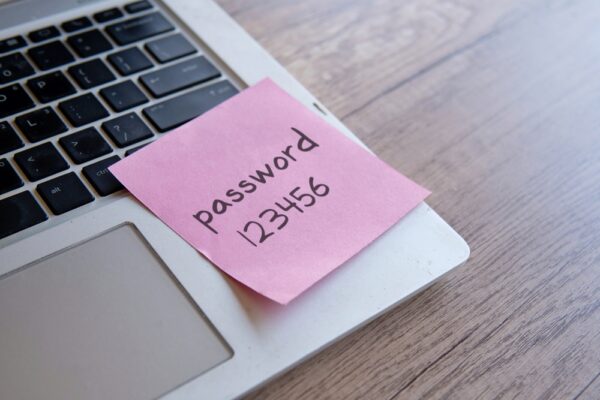
Frequently Asked Questions
1. Will Medicare pay for these home modifications?
Generally, Original Medicare (Part A and Part B) does not cover home modifications like walk-in tubs or grab bars, as they are not considered “durable medical equipment” (DME). However, some Medicare Advantage (Part C) plans may offer supplemental benefits that cover bathroom safety devices or other modifications. It is essential to check directly with your specific plan provider to see what, if any, coverage is available. An occupational therapy evaluation, which can recommend these changes, is often covered by Medicare Part B if deemed medically necessary by your doctor.
2. What is the single most important modification I can make for arthritis?
While it varies for each individual, most experts agree that for home safety, properly installed grab bars in the bathroom are the single most critical modification. The bathroom is where a high percentage of falls occur, and having a secure handhold for getting in and out of the shower and using the toilet can be life-saving. Always have them installed by a professional to ensure they are anchored correctly.
3. How can I find a trustworthy contractor for these modifications?
Look for contractors with a “Certified Aging-in-Place Specialist” (CAPS) designation from the National Association of Home Builders (NAHB). These professionals have been trained in the unique needs of the older adult population and are knowledgeable about senior-friendly design and installation. You can also ask for recommendations from your local Area Agency on Aging or an occupational therapist.
4. I live in a rental property. Can I still make modifications?
Under the Fair Housing Act, you have the right to make reasonable modifications to your living space at your own expense to accommodate a disability. You must typically get permission from your landlord before making changes, and you may be required to restore the property to its original condition when you move out. Simpler, non-permanent solutions like shower chairs, raised toilet seats, and tension-rod grab bars can be great options for renters.
5. Are smart home devices really helpful and are they difficult to use?
Yes, they can be incredibly helpful. Devices like Amazon Alexa or Google Home allow you to control lights, thermostats, and even door locks with simple voice commands, eliminating the need to grip small knobs or walk to a switch. While there can be a small learning curve, many of these devices are designed to be user-friendly. Often, a family member or friend can help with the initial setup, and once programmed, they are very straightforward to use.
Disclaimer: This article is for informational purposes only and does not constitute medical advice. The content is not intended to be a substitute for professional medical advice, diagnosis, or treatment. Always seek the advice of your physician or other qualified health provider with any questions you may have regarding a medical condition.
|
Fact-Checked Content
Our editorial team reviews all content for accuracy and updates it regularly. Learn about our editorial process →
|


















